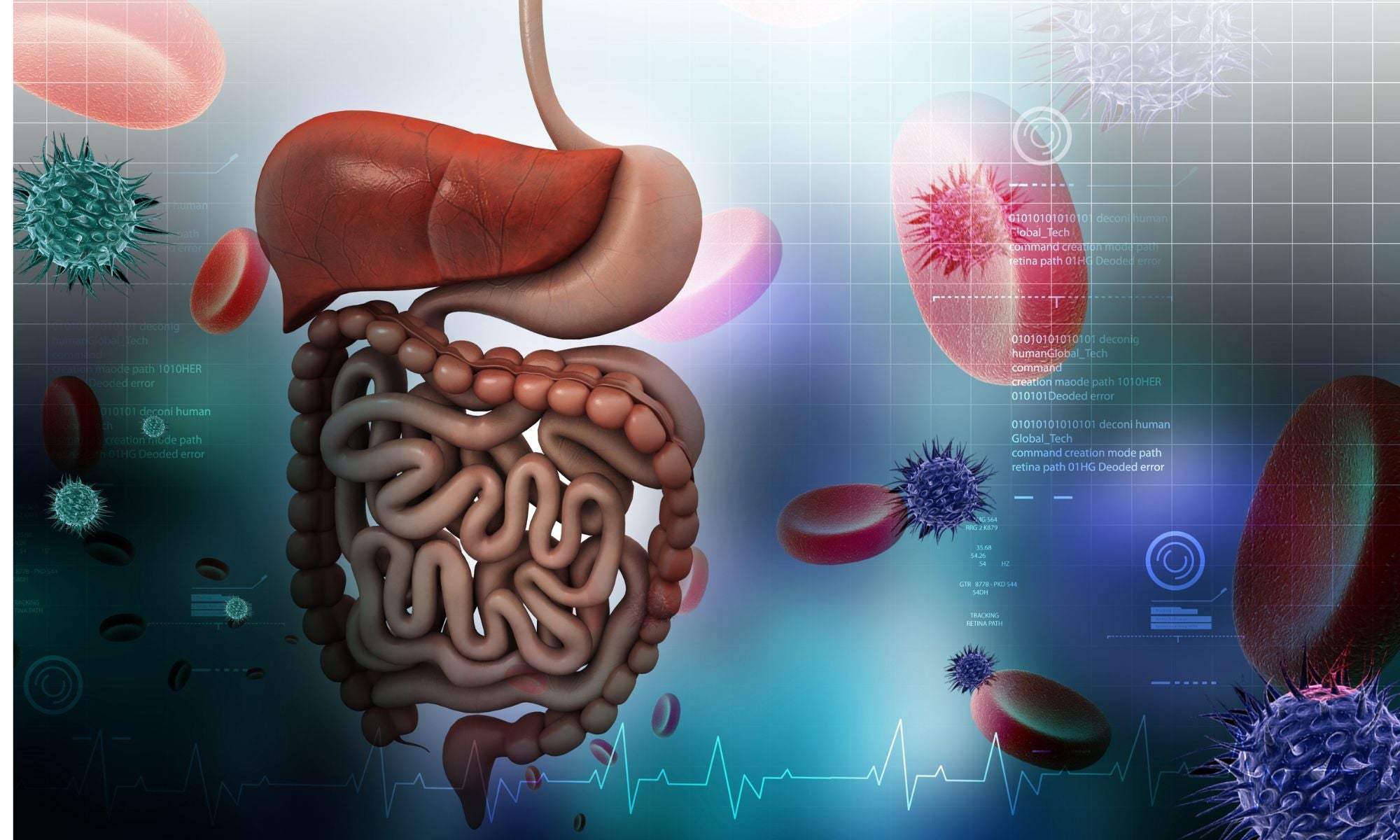
The Microbiome Diet: Pros and Cons
The microbiome diet is an easy and effective way to promote the growth of good gut bacteria in the digestive tract. It is a diet that consists of whole-foods focused on eating mostly lean protein, fruits, vegetables, and high amounts of probiotic and prebiotic foods. Switching to this diet will restore gut health in people who are used to eating unhealthy foods.
The premise behind this diet is how consuming the right foods is crucial to nurture the gut and avoid many types of diseases and health disorders.
The gut microbiome is the ecosystem of live microorganisms all over the digestive system. It is also known as gut flora, intestinal flora, and gut microbiota.
A healthy gut is essential to our overall well-being. The food we eat and our overall lifestyle is essential to the condition of our gut! At a glance, here are the pros and cons of the microbiome diet.
OVERVIEW
Pros
- Encourages healthy food choices
- Enhances gut health
- May help in weight loss goals
- Avoids excessive sugar intake
- May protect against disorders and diseases
Cons
- Costly
- Restrictive
Unsupported health claims

PROS
-
Encourages healthy food choices:
This diet advises people to go with whole foods that are filled with nutrients, such as fish, fruits, vegetables, nuts, seeds, and lean protein. There is no doubt that these food groups offer high amounts of minerals and vitamins more than any other foods out there. If you are used to eating junk foods, processed foods, or too many sweets, you will have to make huge adjustments if you want to switch to it.
-
Enhances gut health:
The food choices recommended on this diet are gut-friendly foods. Most of them boast probiotic and prebiotic properties, such as leeks, asparagus, onions, artichokes, radishes, kimchi, sauerkraut, avocados, and most citrus fruits. To reach maximum gut health, probiotics and probiotics are both needed.
-
May help in weight loss goals:
Since this diet advises you to consume mostly lean protein, fruit, and vegetables, it may essentially aid in your weight loss goals. However, take note that being in a caloric surplus is still possible even when you are consuming healthy food choices. A caloric surplus happens when our calorie intake is higher than the calories we burn, thus resulting in weight gain.
-
Avoids excessive sugar intake:
High amounts of sugar in your regular diet may be a source of several diseases and health disorders. These include mood swings, lethargy, and lack of mental clarity. By avoiding excessive sugar consumption, you also improve the function of your gut.

5. May protect against disorders and diseases:
Most foods on this diet are not just good for providing nutrition, but also powerful in protecting against several disorders and diseases. For instance, consuming high amounts of nuts and seeds have been linked to a lowered occurrence of coronary heart disease, diabetes, and gallstones.
Also, a healthy microbiome is essential in boosting your immune system. The more healthy your gut is, the more boosted your immune system will be.

CONS
-
Costly:
The cost might be a limiting factor to skip this diet. Sinceit suggests choosing the organic version of everything instead of the traditional one, you can expect your grocery bills to go higher.
-
Restrictive:
Obviously, switching to this diet may feel very restrictive. There are a lot of foods to avoid and consume in moderation. Even though there is no need to cut out a lot of foods at first, some people may still find it difficult to adjust.
-
Unsupported health claims:
Health claims about the gut microbiome have little scientific evidence. As a whole, the microbiome diet has not been researched enough when it comes to its efficacy and safety.
Takeaway
Many people recommend the microbiome diet because it worked for them. It truly has the potential to be a beneficial diet that could change your overall health for the better.

By choosing whole foods like fruits, vegetables, lean protein, healthy fats, and foods rich in probiotics, you provide a natural solution for your body to improve and for your gut microbiota to achieve its right balance.
However, keep in mind that more studies have to be made to prove the relationship between the gut, our diet, and our overall well being.












